Oli’s Royal Posture in First Post-Gen Z Protest Meeting Sparks Public Outrage
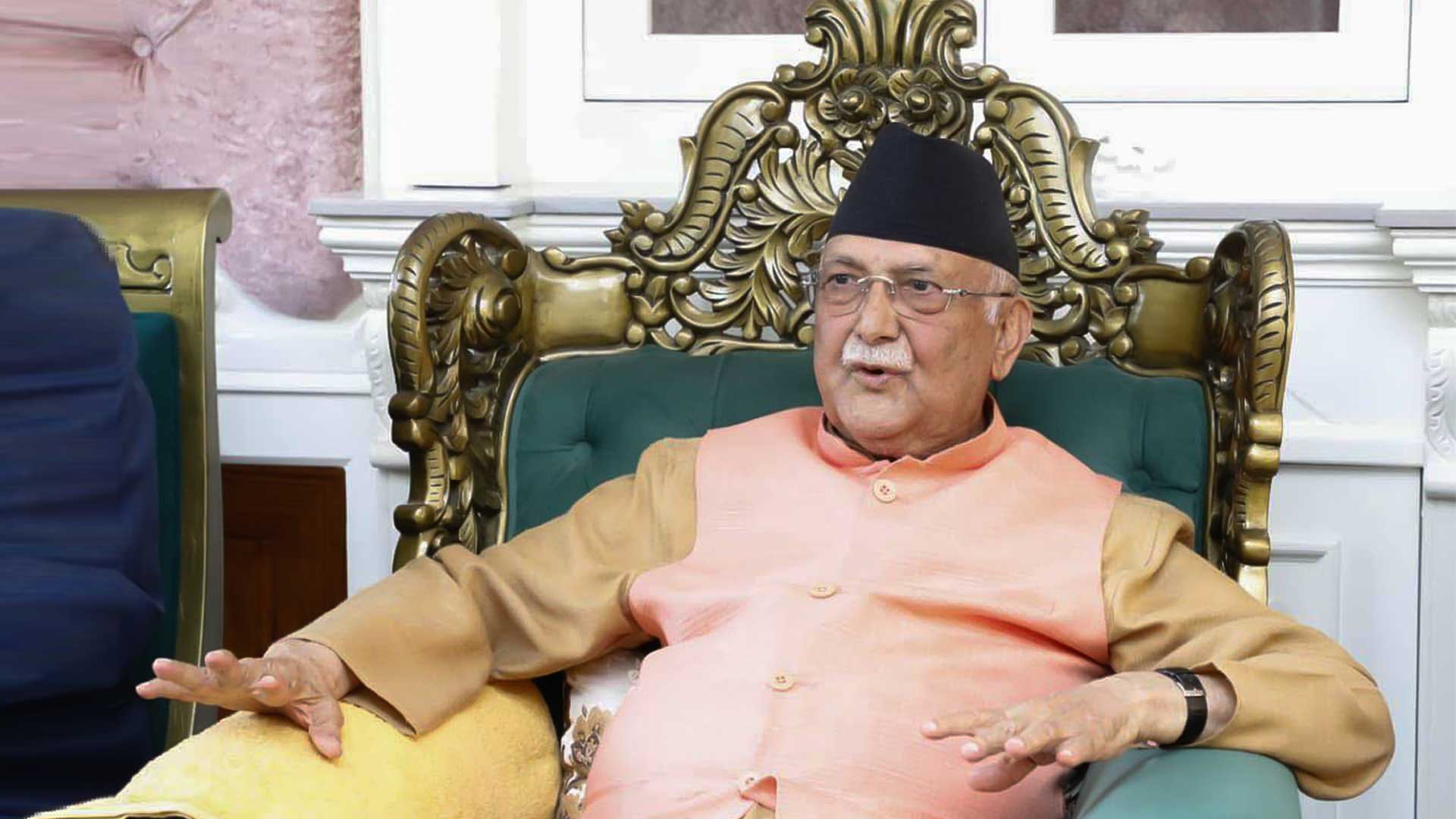
The first image from Sunday’s CPN-UML Secretariat meeting at former Prime Minister KP Sharma Oli’s rented Gundu residence has ignited controversy online. While Oli was seated prominently on a throne-like sofa, other senior party leaders were relegated to ordinary chairs. Emerging at a time of national sensitivity following the deadly Gen Z protests, the scene revived an old debate over leadership’s responsibility, humility, and equality. On the very same day, the inquiry commission recommended that passports belonging to Oli and four others be suspended, further intensifying pressure on both his image and his legal standing.
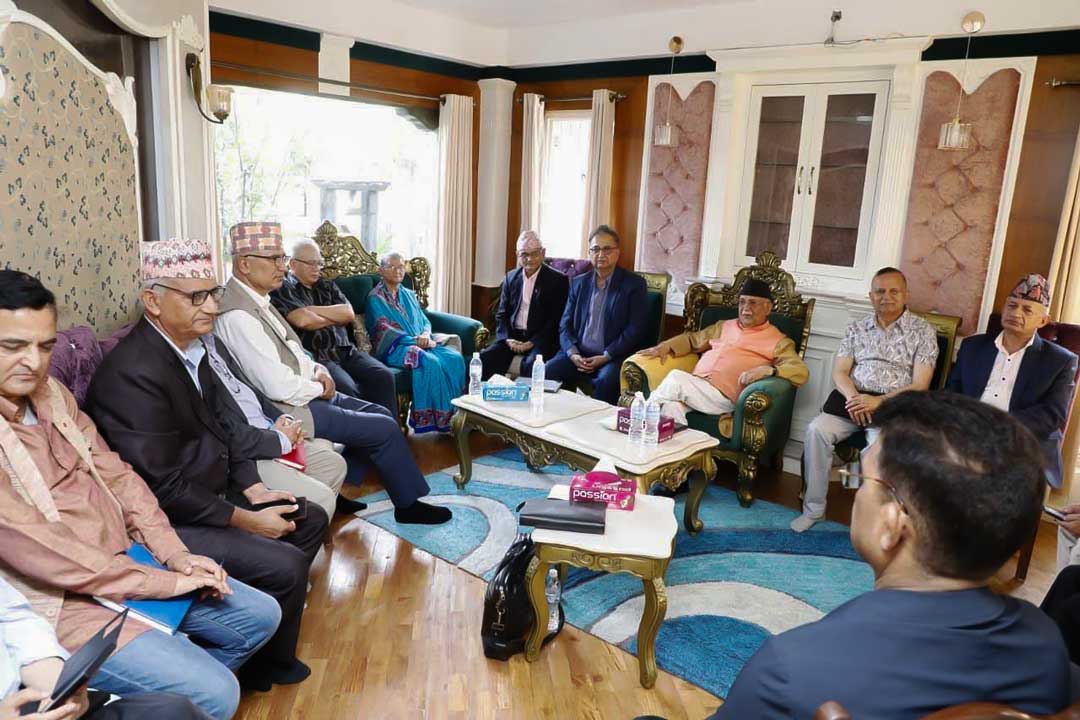
The photo triggered a wave of sharp criticism. Social media feeds were flooded with terms like “royal style,” “neo-feudalism,” “personality cult,” and “hierarchical seating.” Some mocked, “Why is there a separate chair for the master and another for the servants?” while others asked, “Why should a leader display such grandeur when the country is in crisis?” Though the language varied—sometimes harsh—the shared message was clear: leaders in times of turmoil should project simplicity and equality. Despite growing criticism, the UML had yet to provide an official explanation by late evening about why this seating arrangement was chosen.
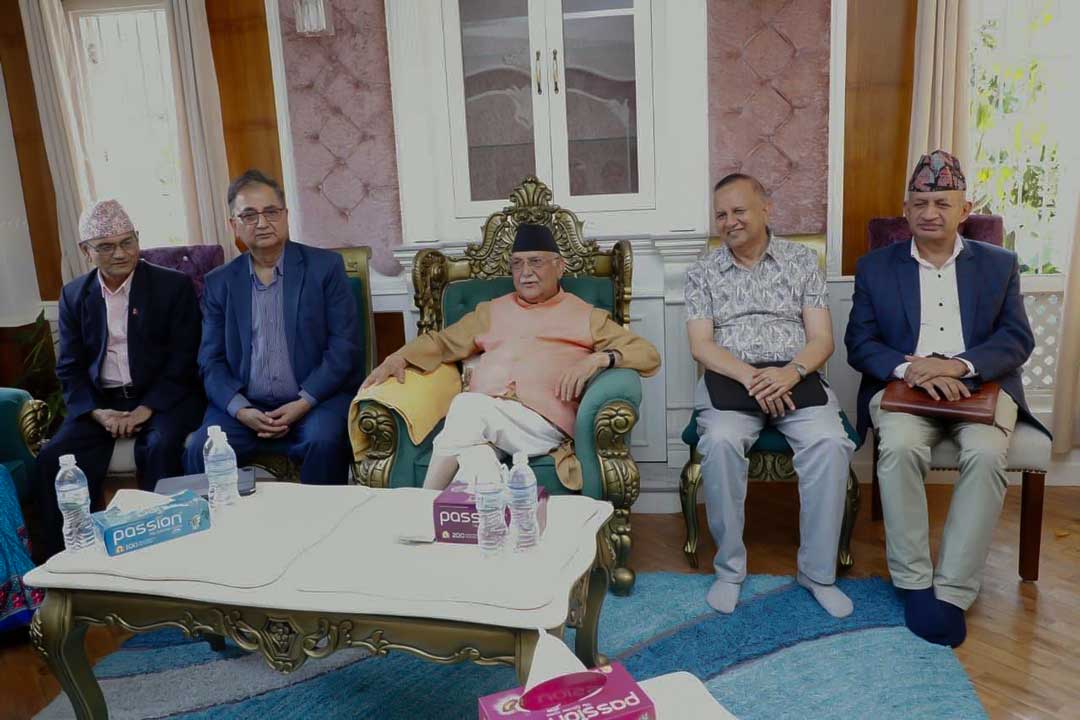
Within the party, the photo also carried weight. Internal whispers about possible leadership handovers are now increasingly tied to visible public dissatisfaction. On the streets, demands born from the Gen Z movement—rights, accountability, and digital freedoms—remain unresolved. Against this backdrop, the “throne-like style” risks deepening not just distrust toward the UML but also toward Nepal’s broader political culture.
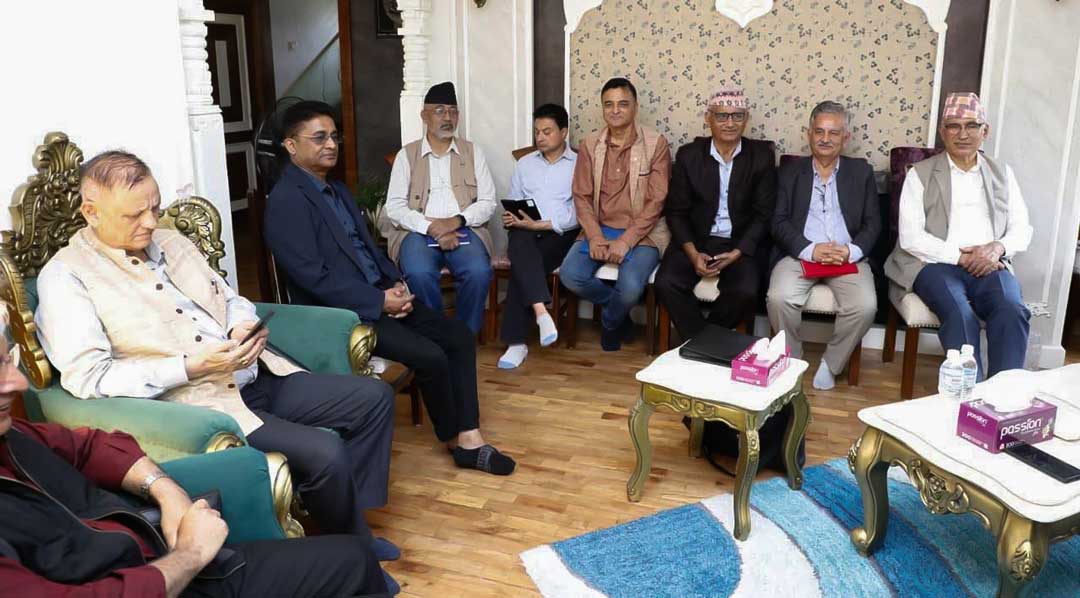
Oli’s camp has long claimed he remains firm even under security threats, and in this case, his aides insisted the arrangement was made merely for “comfort.” Yet no formal statement has been released. When asked, UML spokespersons and Secretariat members promised a response “soon.” Meanwhile, relevant authorities and those affected by the commission’s travel ban recommendation have been urged to clarify their positions.
The broader message is unmistakable. In times of crisis, political symbolism must be sensitive and humble. If the commission’s recommendations are enforced, legal accountability could move forward; if delayed, public anger and mistrust may escalate again. And if the UML fails to strengthen internal democratic practices, its “personality-driven” culture risks becoming even more entrenched. That five-minute image from Gundu laid bare the growing distance between Nepal’s old-style politics and the expectations of a new generation—a gap that will now be judged less by leaders’ theatrics and more by the eyes of the people.

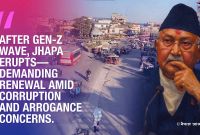
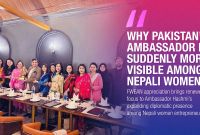

![From Kathmandu to the World: How Excel Students Are Winning Big [Admission Open]](https://nepalaaja.com/img/70194/medium/excel-college-info-eng-nep-2342.jpg)
